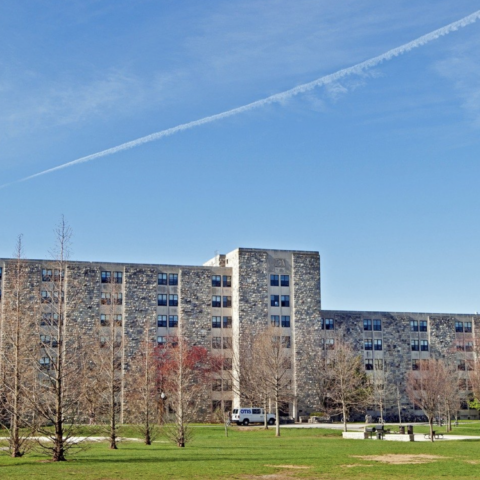By: Robert Lee
(As originally posted at Frum Forum, and part of a Symposium exploring the question “Is College Still Worth It?”
Once, a great professor of mine, said, “College has nothing to do with what you learn here. You’ll forget most of it before you graduate anyways. You’re here to be inculcated with the norms and expectations of a professional lifestyle.” If anything, that is where I see my college worth.
College has nothing to do with academic retention. Well, it does — but not to the extent that it is popularly emphasized. In college, young people (who are pampered throughout high school) finally get to see the real world. For many, it is the first time we are treated as adults and given the opportunity to excel — or fail. In a world that plays by these same rules, this is a fundamental experience. It shows us how to get a job.
Critics of the ever-popular college scene claim not everyone needs college — not everyone benefits very much from earning the degree. In fact, Daniel B. Smith’s article, “The University Has No Clothes” in New York magazine depicts college degrees as dwindling in significance (and this is seen in scores of other media outlets); they even assert that college debt is too cumbersome for a growing number of graduates.
They are looking in all the wrong places when they refer to the benefits of college. Graduates leave their campuses with hardly any concrete evidence of their growth and development. The skill-set that allows us to navigate the real world and the careers within it are much more important than a bump up on the wage bracket. It doesn’t really matter if I have a lot of student debt because I can manage that now that I know what proficiency really boils down to. We hear of plenty of people going into debt for many years after college, but it is rare to hear of a case where someone is bankrupt due their investment in an education.
And while I discount people like Smith’s take on college, I don’t fully agree with collegiate defenses such as Kevin Carey’s article posted a few weeks ago in The New Republic. To me, neither side understands it, so the truth lies in the middle.
Obviously I lean more toward the academic persuasion. As Carey points out, some people graduating college may face obstacles at first (bartending, waiting tables, etc.), but they also typically end up in their intended professions — like Sally Cameron working in an international development consulting firm. And he even makes a better point: “There are a lot more law firm partners out there who used to be bartenders than bartenders who used to be law firm partners.” People with degrees tend to achieve their goals, it just may not be on a convenient timetable.
A close friend of mine from high school graduated two years ago with a Spanish degree and has been searching this entire time for a job — anywhere in the country. It seemed like every time I spoke to him he was finishing a cover letter or job application. Just a month ago he finally got an offer as a sales representative in Boston, and he is finally doing something he enjoys with his degree. While I know there are plenty of others who haven’t been as fortunate, his situation shows that with the drive and initiative, a college degree will get you where you want to go.

